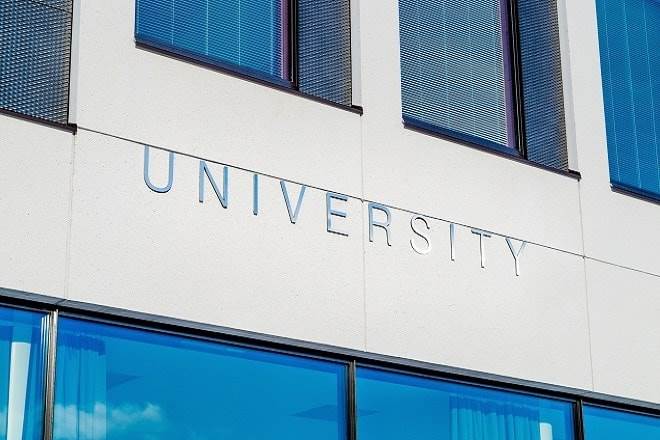5 Warning Signs an Online College is a Scam
With the expansion of available online education programs, more and more untrustworthy organizations are also popping up. Because getting an education is so important, many unknowing students are willing to pay a lot upfront for what seems like an ideal program, when it actuality, the so-called online university won’t provide them with a degree from an accredited institution. Here are 5 factors to look into when you research online schools so you can avoid being scammed.

1 - Check the Online School’s Accreditation Status
Though a school may claim to be accredited, prospective students should be aware that not all accrediting organizations are legitimate. To ensure that students only apply to a reliable institution, they should look for schools accredited by either CHEA (Council for Higher Education Accreditation) or the U.S. Education Department. Some so-called accrediting organizations may have misleading names that sound similar to the two official organizations listed above, so be wary.
2 - Too many descriptions of “quick and easy” Online College
Online degree programs are certainly meant to be a more flexible than typical, physical degree programs, but they are not meant to be total shortcuts to a decent job. If a school is heavily marketing how “easy” and “fast” their degree programs are, take a step back and see if their classes still carry the rigor and fulfill the academic requirements you would expect from a typical program. Though the classes may be quick and easy, they may not carry the same weight with other colleges and employers, and may ruin your chances at getting a higher degree.
3 - A Down Payment that’s More Expensive than other Online Colleges
It’s not unusual for schools to require a money deposit if students want to save their place at a college they were accepted at; however, if the school asks for substantially more than the typical fee ($500), prospective students should research the school more. One good way to do this is to contact former students and hear what their experiences were.
4 - Established Online Colleges Have a Physical Address
Regardless of whether the college is completely online, students should look for the physical address of the college. If a school is hesitant or refuses to give a physical address, then it’s a major sign that something is not quite right. Either the school itself is not legitimate or it is not reliable.
5 - The Best Online Colleges Offer Student Resources & Services
Be sure to do some research on what actual resources they offer students. This should include some level of support and academic advising, whether it’s online or over the phone. If the institution you’re looking at seems to overpromise or is fuzzy on the details of their resources, that’s another signal to be wary.




